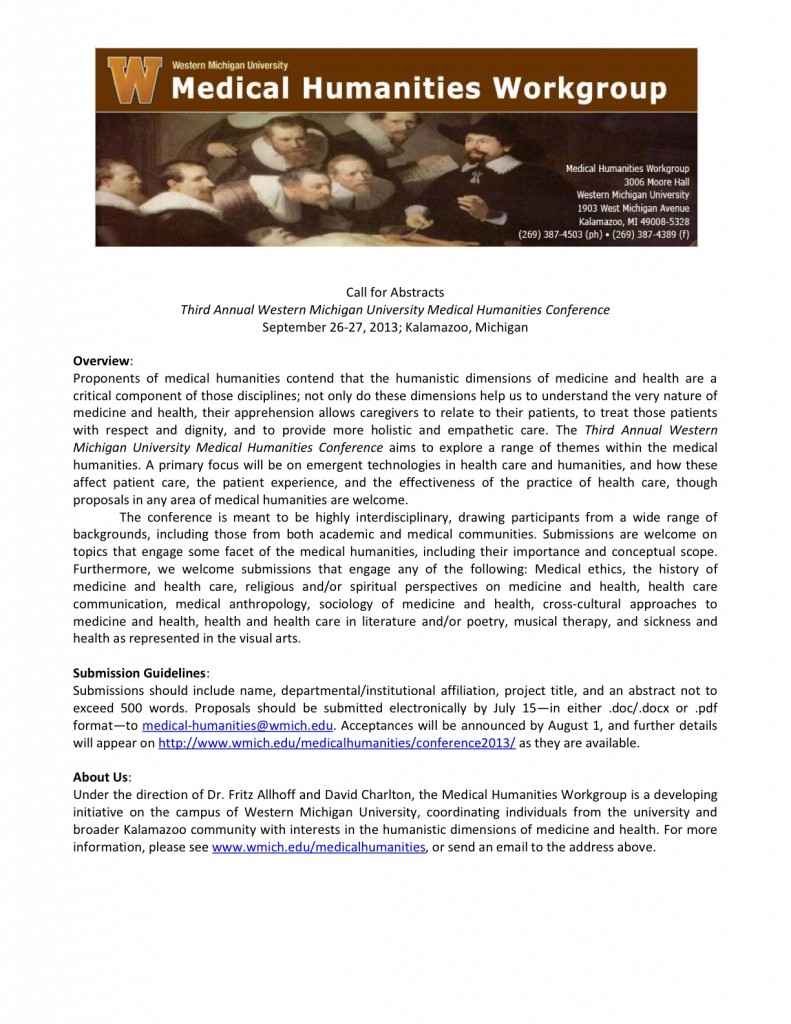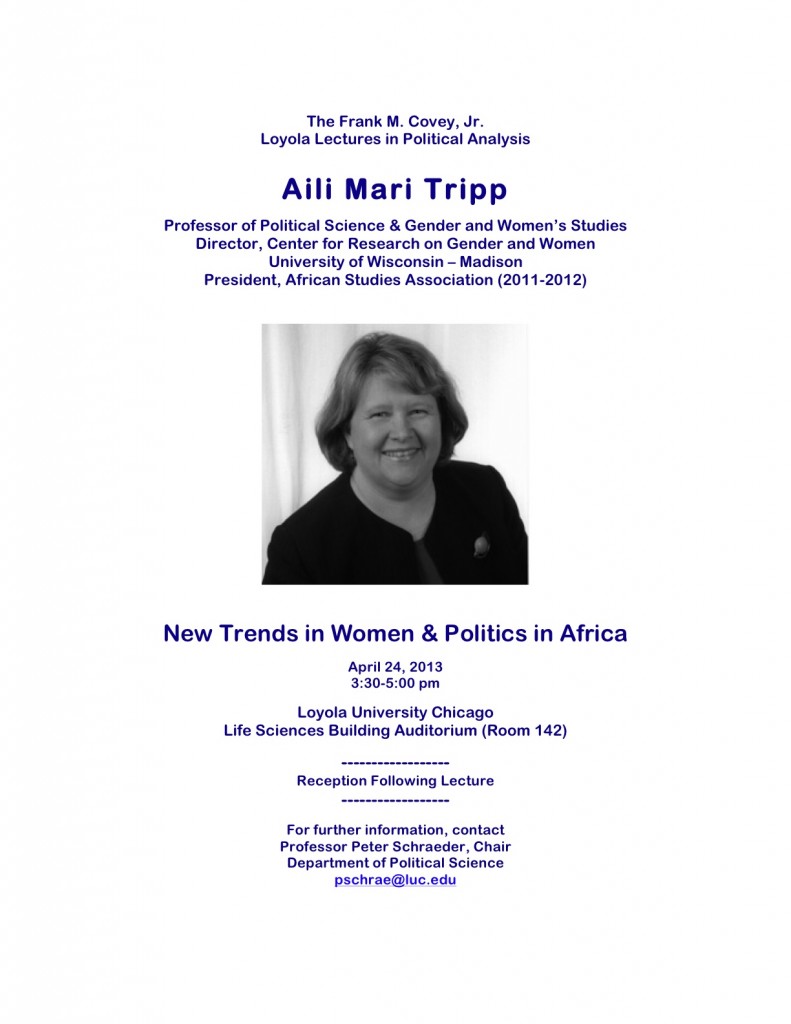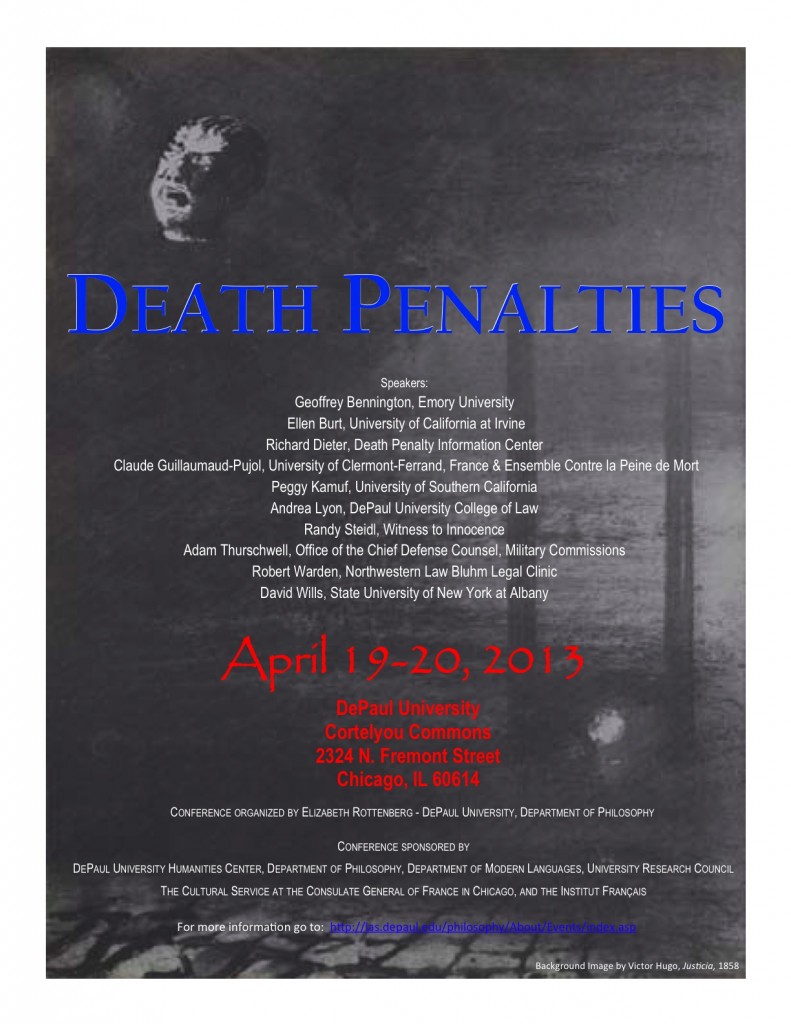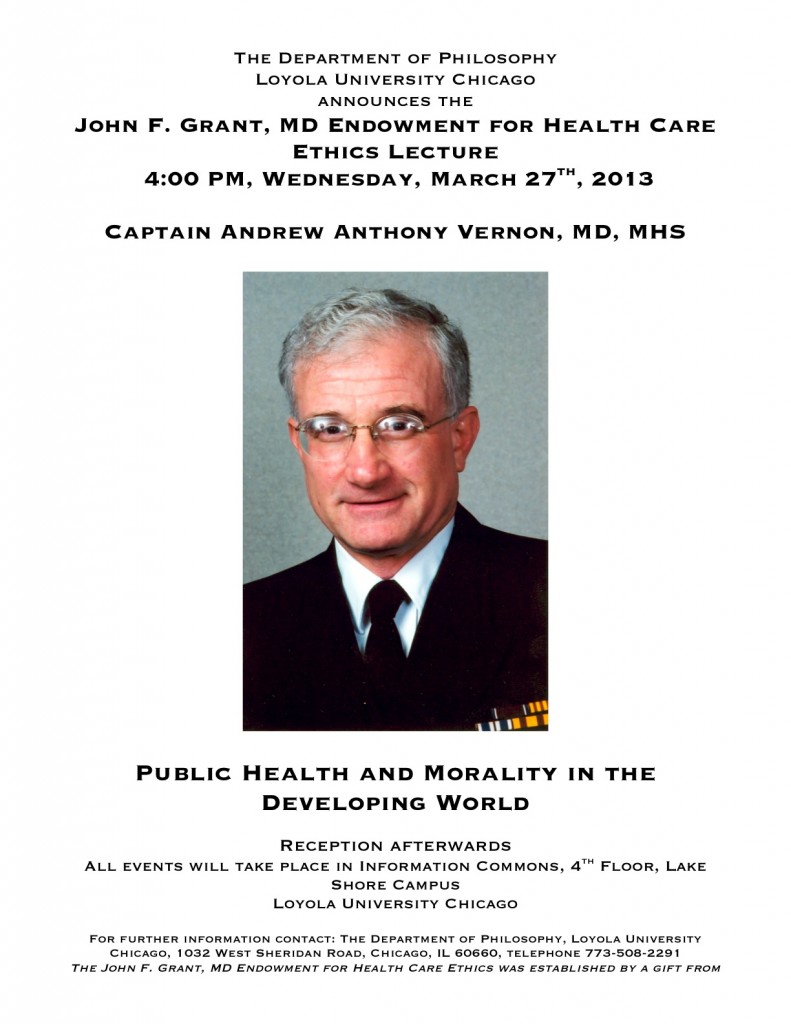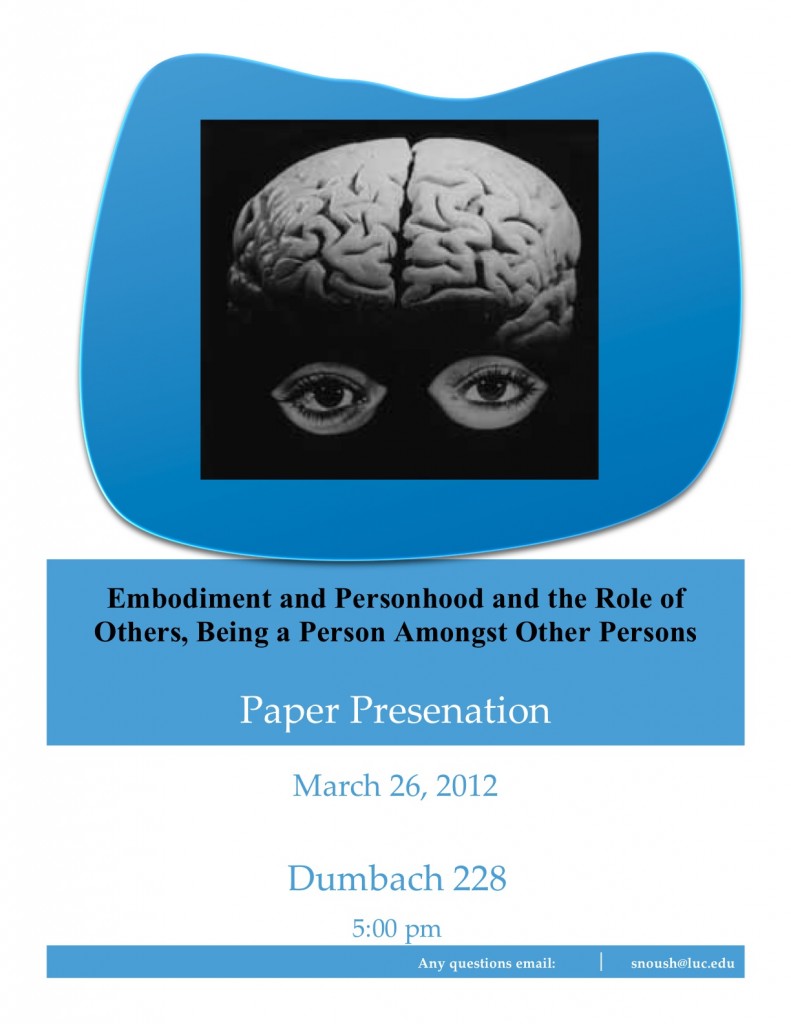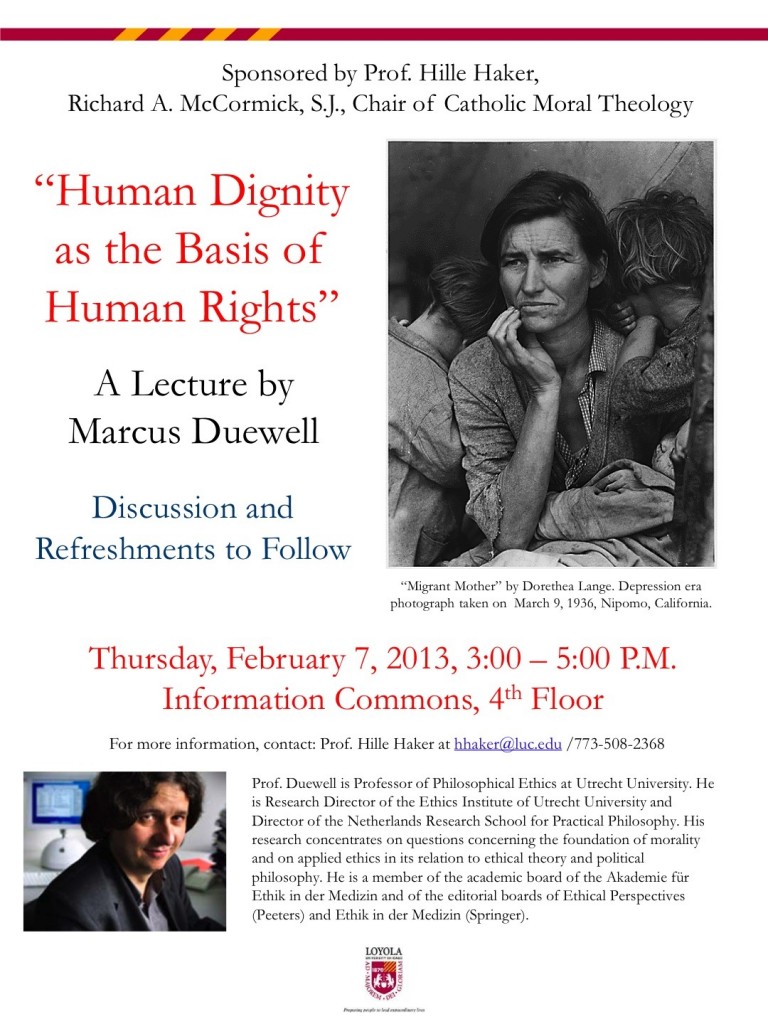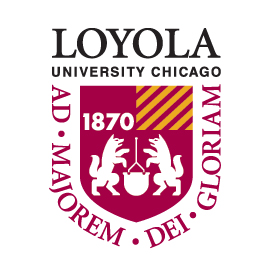FEAST
The Association for Feminist Ethics and
Social Theory
invites submissions for the Fall 2013 conference:
Envisioning Plurality: Feminist Perspectives on Pluralism in Ethics, Politics, and Social Theory
Oct. 17-20, 2013
Fiesta Resort and Conference Center
Tempe, AZ
http://www.fiestainnresort.com/
submission deadline: February 28, 2013
Linda Martín Alcoff, Professor of Philosophy at Hunter College and the CUNY Graduate Center. Author of Visible Identities: Race, Gender and the Self, Alcoff has initiated public discussions of pluralism, through both her Pluralist’s Guide to Philosophy and her 2012 NYT op-ed piece addressing Arizona’s censorship of the teaching of critical race theory in public schools.
Jennifer Lisa Vest is a mixedblood (Black/Florida Seminole/German) poet and philosopher who holds the position of Associate Professor of Philosophy at the University of Central Florida. Co-author of Philanthropy in Communities of Color, her book manuscript Sovereign Wisdom: Generating Academic Native American Philosophy is under review.
- · Viewing and discussion of film, “Precious Knowledge”
- · Invited Panel on Pluralism
FEAST encourages submissions related to this year’s theme. However, papers on all topics within the areas of feminist ethics and social theory are welcome.
Description of this year’s theme:
One meaning of pluralism within philosophy is that it seeks to bring
underrepresented theoretical perspectives and underrepresented groups into the philosophical mainstream, transforming philosophy as a result. Yet what is meant by “pluralism” and how to assess whether or not pluralism has been achieved remains hotly contested.
While philosophy is often depicted as the academic field most in need of pluralistic correctives, other disciplines, too, struggle with the marginalization of those whom, due to their theoretical approaches or their bodies, have been pushed to the edges of their disciplines.
This year’s FEAST conference encourages submissions that challenge us to think in new ways about the boundaries, methodologies, and subject matter of academic subfields that pertain to feminist ethics, politics, and social theory, broadly construed. The program committee welcomes papers that take both theoretical and practical approaches to these issues. We aim to create a conference with a diverse group of presenters and a wide range of approaches, topics, and styles. FEAST strongly encourage members of groups that are underrepresented in academia to send submissions.
Call to submit a panel proposal (topic and speakers) for a lunch time “Difficult Conversation”
FEAST conferences typically feature a lunch time “Difficult Conversation” that focuses on an important, challenging, and under-theorized topic related to feminist ethics or social theory. Past topics include: Critical Understandings of Dependency and Disability; Are Academic Feminist Philosophies and Methodologies Still Too White?; A Difficult Conversation about Feminist Sexualities and Identities. We hereby invite proposals for next year’s Difficult Conversation.
A completed paper of no more than 3000 words must be submitted for individual presenters and prepared for anonymous review. Proposals for a Difficult Conversations session or for non-paper formats (e.g., workshops, discussions, etc.) must include detailed descriptions (500-750 words).
Please send your submission, in one document (a Word file, please, so that abstracts can be posted), to feast2013@csbsju.eduby February 28, 2013. Your document must include: paper title, abstract of 100-250 words, and your paper, with no identifying information. The word count (max. 3,000) should appear on the top of the first page of your paper. In the body of the email message, please include: your paper or panel title, name, institutional affiliation, e-mail address, surface mail address, and phone number. All submissions will be anonymously reviewed.
Note: Panel organizers, please send the panel title and all three abstracts and papers in one document, along with word counts (3,000 for each paper). Difficult Conversations and other non-paper submissions should be marked as such.
Questions on this conference or the submission process may be directed to the Program Chair, Jean Keller, at feast2013@csbsju.edu

